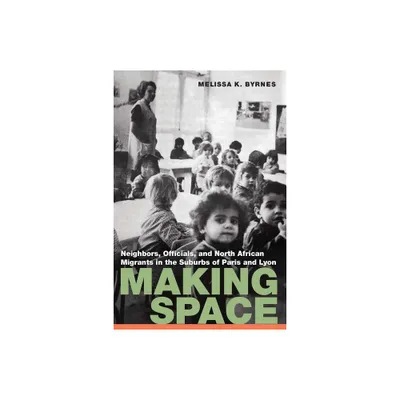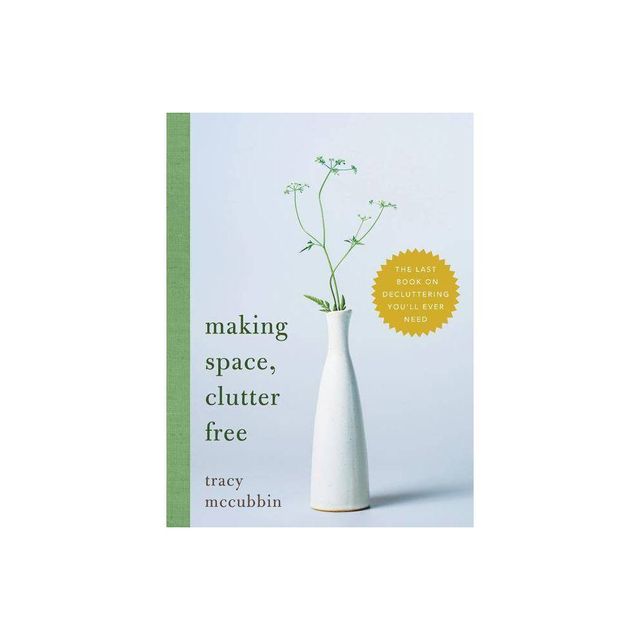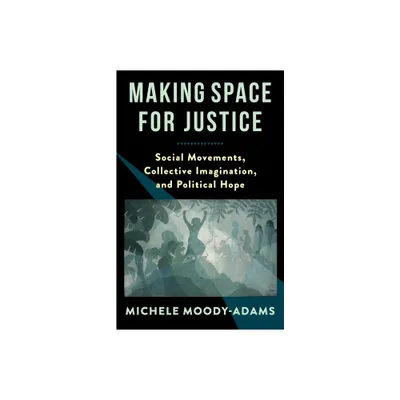Home
Making Space for Indigenous Feminism
Loading Inventory...
Barnes and Noble
Making Space for Indigenous Feminism
Current price: $40.00


Barnes and Noble
Making Space for Indigenous Feminism
Current price: $40.00
Loading Inventory...
Size: Paperback
*Product Information may vary - to confirm product availability, pricing, and additional information please contact Barnes and Noble
The third edition of the iconic collection Making Space for Indigenous Feminism features feminist, queer and two-spirit voices from across generations and locations.
Feminism has much to offer Indigenous women, and all Indigenous Peoples, in their struggles against oppression. Indigenous feminists in the first edition fought for feminism to be considered a valid and essential intellectual and activist position. The second edition animated Indigenous feminisms through real-world applications. This third edition, curated by award-wining scholar Gina Starblanket, reflects and celebrates Indigenous feminism’s intergenerational longevity through the changing landscape of anti-colonial struggle and theory. Diverse contributors examine Indigenous feminism’s ongoing relevance to contemporary contexts and debates, including queer and two-spirit approaches to decolonization, gendered and sexualized violence, storytelling and narrative, digital and land-based presence, Black and Indigenous relationalities and more. This book bridges generations of powerful Indigenous feminist thinking to demonstrate the movement’s cruciality for today.
Feminism has much to offer Indigenous women, and all Indigenous Peoples, in their struggles against oppression. Indigenous feminists in the first edition fought for feminism to be considered a valid and essential intellectual and activist position. The second edition animated Indigenous feminisms through real-world applications. This third edition, curated by award-wining scholar Gina Starblanket, reflects and celebrates Indigenous feminism’s intergenerational longevity through the changing landscape of anti-colonial struggle and theory. Diverse contributors examine Indigenous feminism’s ongoing relevance to contemporary contexts and debates, including queer and two-spirit approaches to decolonization, gendered and sexualized violence, storytelling and narrative, digital and land-based presence, Black and Indigenous relationalities and more. This book bridges generations of powerful Indigenous feminist thinking to demonstrate the movement’s cruciality for today.


















